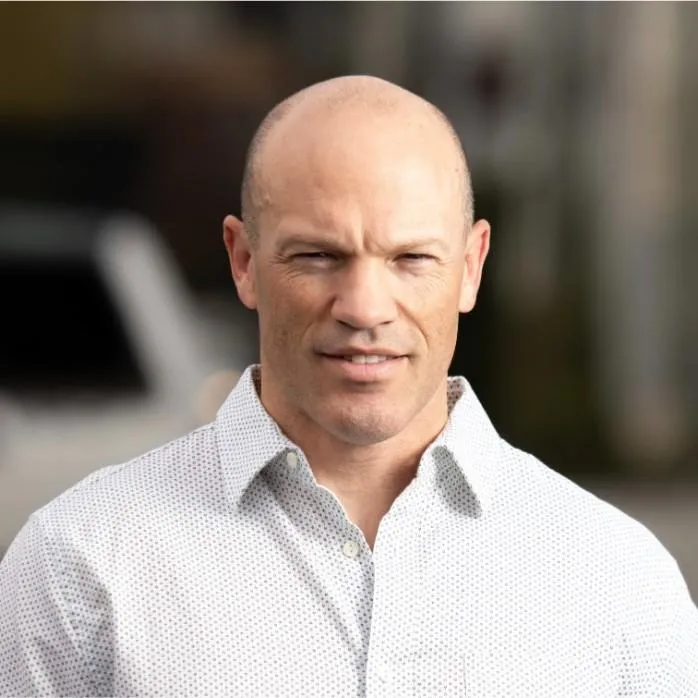In leadership, empowering your team and allowing for plan ownership can significantly impact the success of any operation. This concept is eloquently explored in Jocko Willink's book, "Leadership Strategy and Tactics." Drawing from his experience in the Navy SEALs, Willink emphasizes the importance of decentralized command—a practice where every team has a leader, and within each team, all members are expected to step up and lead when necessary. This practice fosters empowerment and motivation, as each team member understands their role and the overall mission goal.
The Essence of Decentralized Command
In decentralized command, leaders do not micromanage or dictate every action. Instead, they clearly communicate the mission objectives and allow their teams to develop the plans to achieve those goals. This approach not only motivates team members but also ensures they take ownership of the plan, leading to higher engagement and accountability.
The Role of a Leader in Empowering Teams
Leaders should focus on setting clear objectives and asking the right questions to guide their teams. When a team proposes a plan, even if it is not perfect, leaders should use their judgment to decide whether to proceed. If the plan is 70 to 80 percent effective, allowing the team to move forward can be beneficial. If it is less effective, leaders can ask pointed questions to help the team refine their plan.
Personal Experience: The Power of Questions
Reflecting on my time at Relic Entertainment, a video game developer, I learned the importance of empowering my team through questions. Initially, I struggled with wanting to provide answers and direct the team's actions. However, I quickly realized this approach led to resistance and a lack of ownership.
To overcome this, I started conducting pre-meetings to brainstorm the best questions to guide my team. This preparation allowed me to lead through inquiry rather than instruction. By asking insightful questions, the team could arrive at the solutions themselves, fostering a sense of ownership and accountability.
Designing Effective Questions
Crafting effective questions is a skill that leaders must develop. These questions should be open-ended, thought-provoking, and designed to help the team consider various aspects of the problem. For example, instead of asking, "Why isn't this plan working?" you might ask, "What potential challenges could we face with this approach, and how can we address them?"
Embracing the Collective Wisdom of the Team
One of the significant benefits of leading through questions is tapping into the collective wisdom of the team. Often, the team's combined knowledge and experience can lead to better solutions than a single leader could devise. This collaborative approach not only improves the quality of the plans but also strengthens the team's cohesion and trust.
Balancing Guidance and Empowerment
While it is crucial to empower your team, leaders must also provide guidance when necessary. This balance is achieved by setting clear objectives, asking the right questions, and being open to the team's ideas. Leaders should step in only when absolutely necessary, ensuring that the team retains ownership of their plans.
Conclusion: Questions as a Leadership Superpower
Empowering your team through thoughtful questions and decentralized command can transform your leadership style. By fostering an environment where team members feel valued and responsible for their plans, leaders can enhance motivation, accountability, and overall success. Remember, as a leader, your role is not to provide all the answers but to guide your team to find the best solutions themselves. Embrace the power of questions, and watch your team's potential unfold.
If you want to strengthen your teams and improve your leadership skills, consider exploring the principles of decentralized command methodology and the effectiveness of asking questions. You can schedule a free 15-minute Discovery Call to explore our customized coaching and consulting services. Start by reflecting on your leadership approach and the questions you ask your team. Engage in open dialogues, set clear objectives, and commit to fostering an environment of ownership and accountability. Together, we can navigate the complexities of leadership and build a foundation of trust and success.








